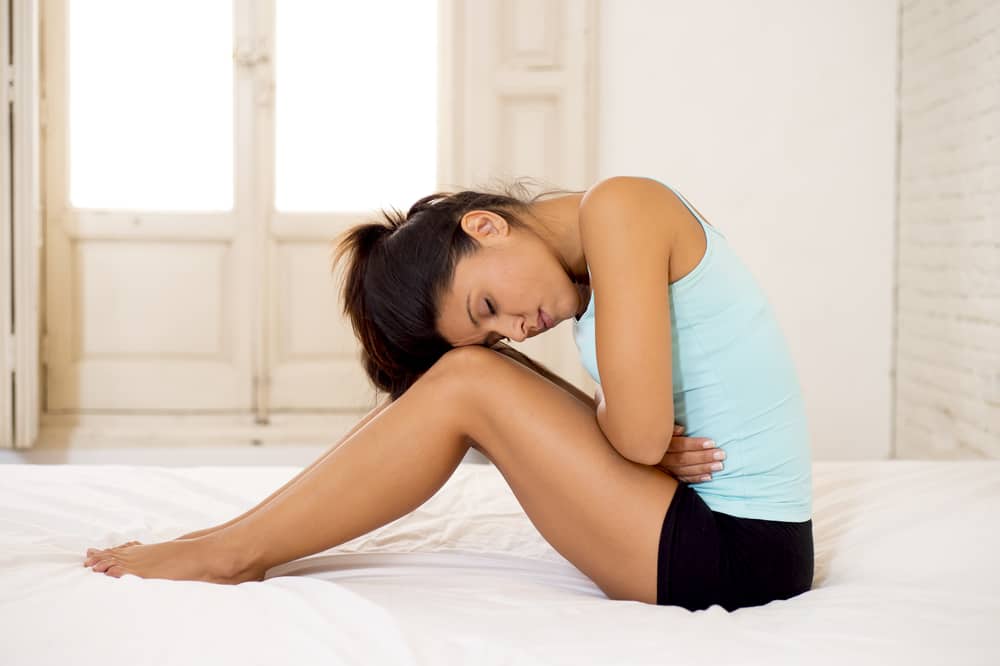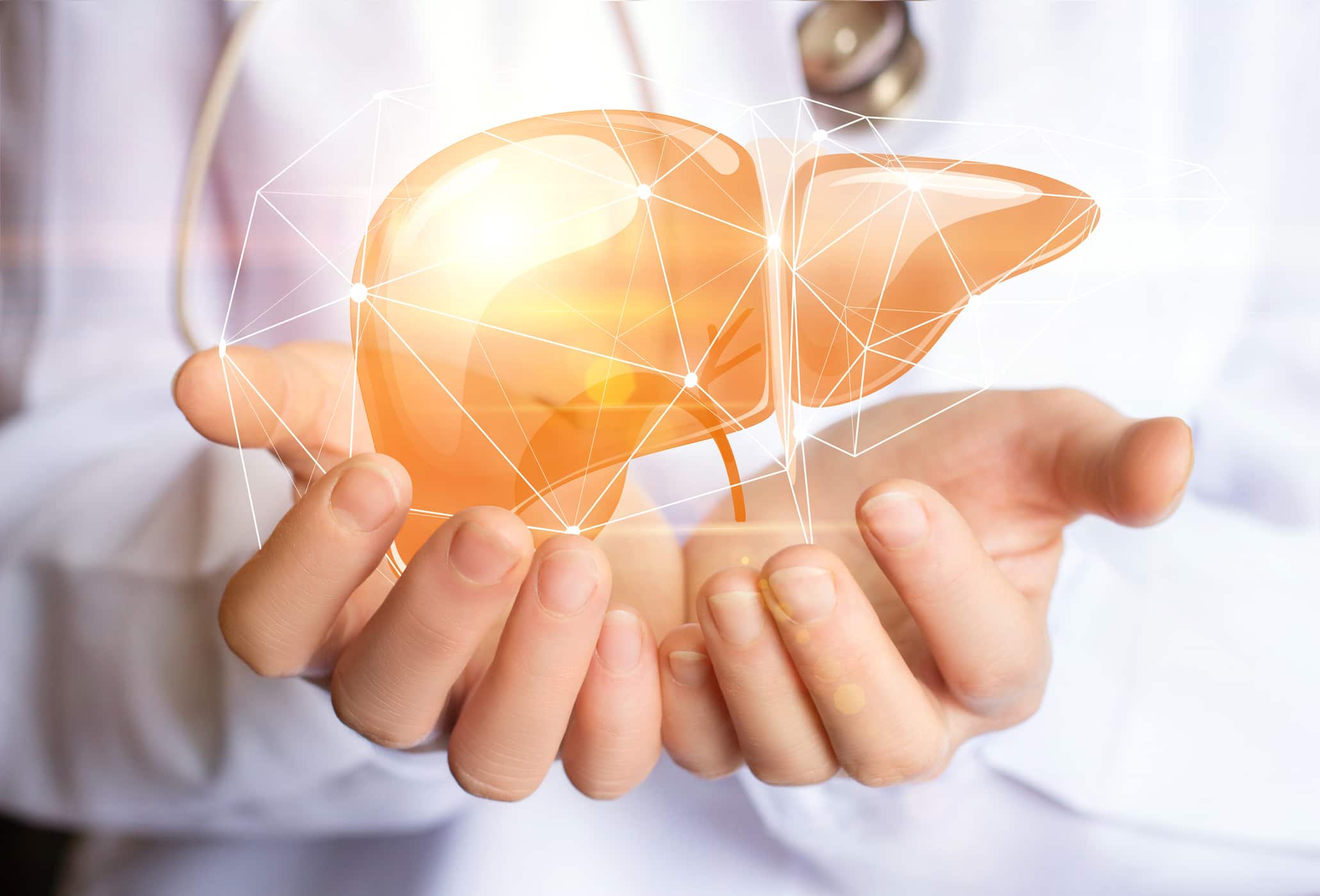Contents:
- Medical Video: 8 Early Symptoms of Ovarian Cancer, According to Women Who Experienced Them
- 1. Blood clots
- 2. Cramps in the stomach
- 3. A mood that tends to be bad
- 4. Vaginal itching
Medical Video: 8 Early Symptoms of Ovarian Cancer, According to Women Who Experienced Them
Menstruation has become an integral part of a woman's life. However, no matter how many times you experience menstruation, these monthly guests can still be things that interfere with daily activities. What are the disorders during menstruation that are most often experienced by women? And how do you handle it?
The most frequent menstrual problems
1. Blood clots
Menstrual blood that comes out is usually as much as 40 cc or about 3 tablespoons per day. As for the discharge of his own blood usually lasts 4-5 days.
The schedule, amount, and duration of menstruation outside the normal range are called abnormal uterine bleeding. In addition, in some cases, discoloration, thickness, and the presence of clots, may indicate menstrual problems related to your health.
Clotting menstrual blood is a normal thing. Usually blood clots come out together with days where a lot of blood comes out. Some women may find blood clots bright red or thick red. The presence of several blood clots can make your menstrual blood more thick and thick than usual.
In fact, blood clots can be prevented by the presence of anticoagulants released naturally by the body. However, on days where menstrual blood is large and fast, anticoagulants have not had time to complete their tasks.
Don't worry, menstrual blood clots are nothing to worry about. However, if the menstrual blood clots look excessive until you are weak and pale because of the large amount of blood coming out, then immediately consult a doctor to find out the root of the problem.
2. Cramps in the stomach
Menstrual pain normally can be experienced by every woman, especially in the first 1-2 days of menstruation. Menstrual pain arises from the contraction of the uterine wall muscles in removing menstrual blood.
In addition, during menstruation the body produces the hormone prostaglandin which can trigger pain, so it can further aggravate menstrual pain that arises. Therefore, menstrual pain is normal during menstruation.
Provided menstrual pain arising is not excessive and does not cause interference with daily activities, this condition is normal and is medically referred to as primary dysmenorrhea.
But if menstrual pain arises that is unbearable to interfere with daily activities, or even cause certain symptoms (such as vomiting, fainting) then this condition is abnormal and is referred to as dysmenorrhea secondary.
If you experience menstrual pain within reasonable limits, this should not be a cause for concern because it is still a normal condition. But if you experience menstrual pain that is excessive and unbearable, then this is a menstrual problem that you should consult with your obstetrician so that the cause can be traced further.
3. A mood that tends to be bad
A bad mood can be one of the menstrual problems most often experienced by women. Some researchers believe that some women are more sensitive to changes in estrogen levels during menstruation than other women. This group of women is the most vulnerable to experiencing the ups and downs of the atmosphere during menstruation.
The role of estrogen in a woman's body is:
- Affects the production and effects of endorphins, which are elements in the brain that bring comfort and pleasure.
- Increases serotonin levels which play a role in regulation of appetite, mood, and sleep patterns.
- Protect nerves from damage and stimulate nerve growth.
Besides affecting mood, Hormone fluctuations can also affect weight, appetite, and desire to have sex. Being in a state of stress, anxiety, depression, or being on a diet are a number of factors that can affect the fluctuation of the hormone estrogen.
4. Vaginal itching
Vaginal itching when menstruation does cause discomfort and can interfere with your activities. Itchy vagina can be caused due to irritation from the use of chemicals such as soap, tissue, condoms, sanitary napkins or due to fungal infections, viruses and bacteria.
It's also possible that you experience vaginal itching due to hormonal instability before menstruation, or due to irritation from the pads. Itching in the female area during menstruation can also be caused by a moist vagina and poor hygiene.
Some things you can do to prevent and overcome them are:
- Pay attention to the type of sanitary napkins and the perfume content in the pads. try changing pads currently with other brands of sanitary napkins. If it is still itchy, the possibility of the itchiness is not from the pads, but because of poor vaginal hygiene. Replace pads at least three times a day.
- Keep your vagina clean, but don't clean it excessively, just clean it with warm water and only the outside. If you want to clean using feminine cleanser, choose a feminine cleanser that contains povidone iodine.












